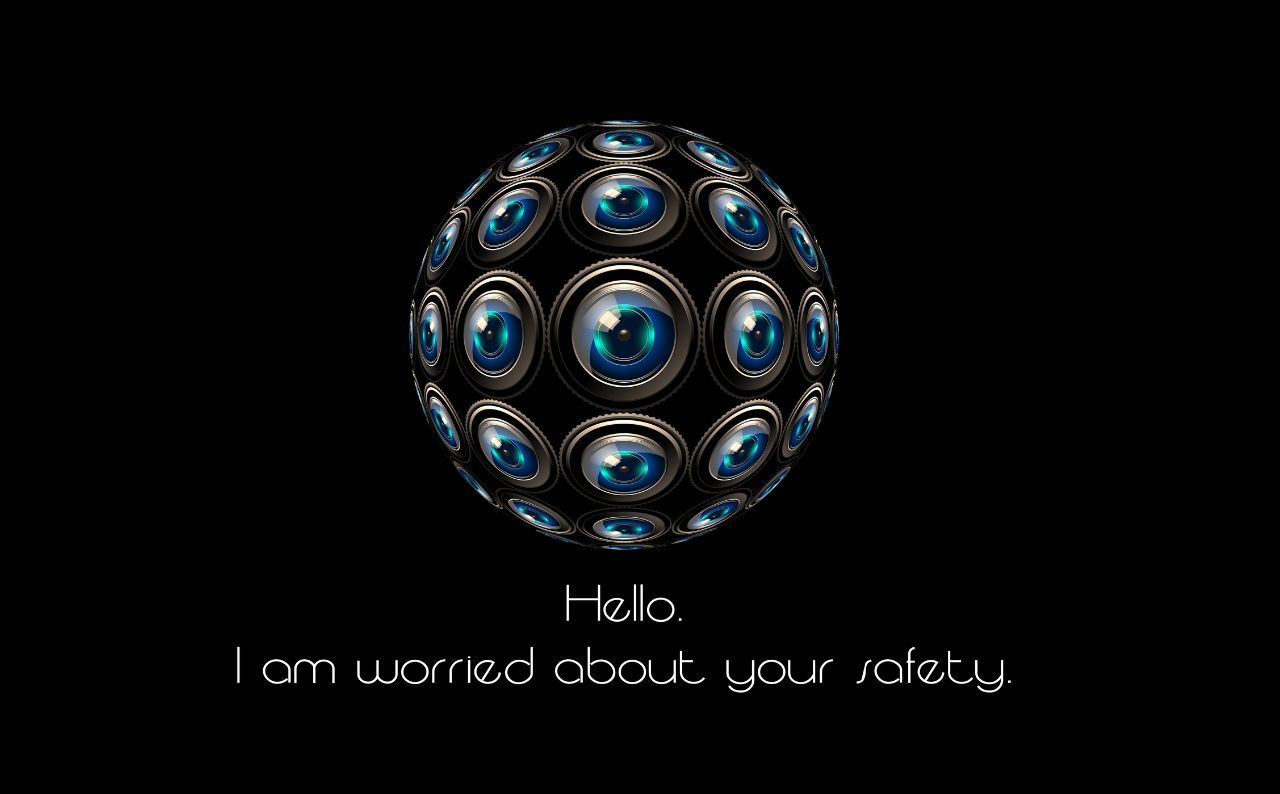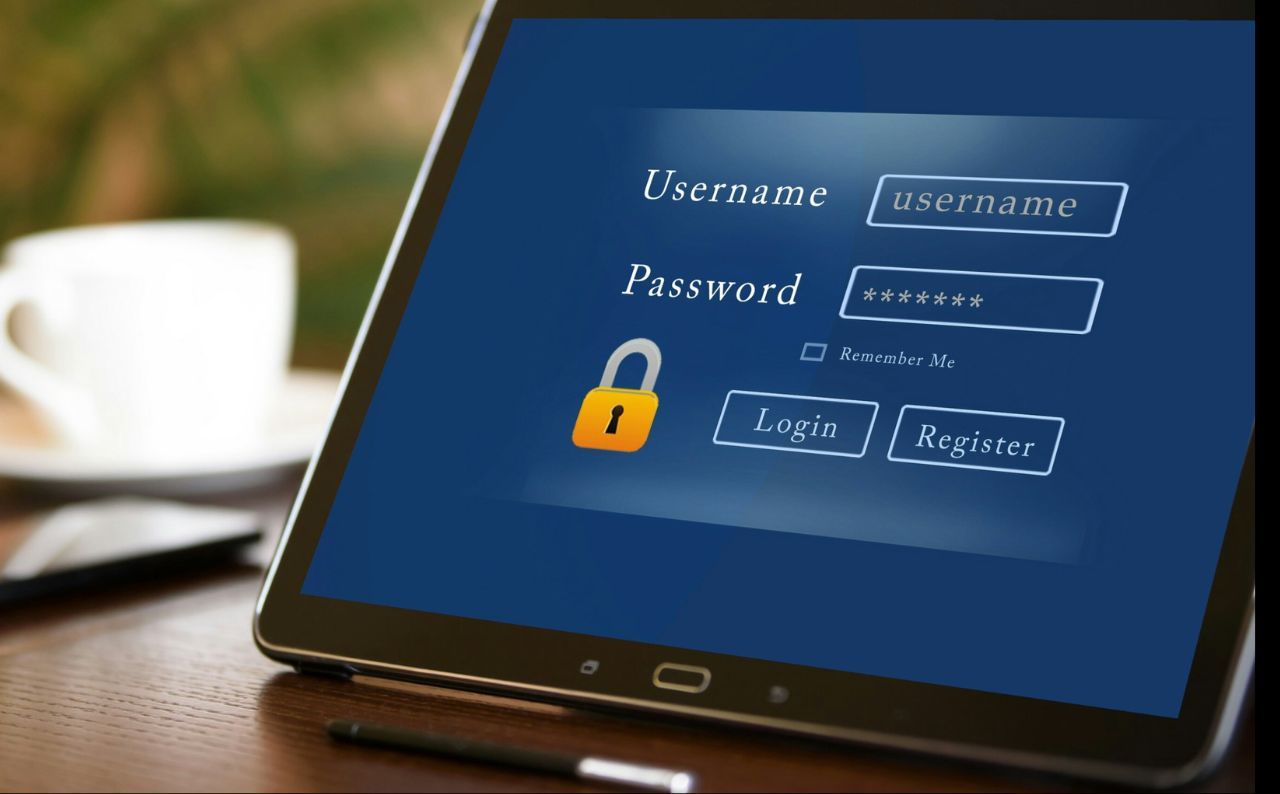Security cameras offer peace of mind by letting you monitor your home or property. You can use the cameras to check on your child playing in their room, watch your pets, and even see intruders.
However, if compromised, they can become the watchful eye of hackers, allowing them to watch you live your private life and listen to your conversations.
Here, we'll cover the signs to look for if you suspect your security camera has been hacked. We will also provide tips to prevent hacking from happening in the first place.
6 Signs That Your Security Camera Is Hacked
Despite all the technological advancements, security cameras can still be hacked. Knowing which signs to look out for will help you react fast if there's a breach. So, here's how to tell if your security camera has been hacked or is likely to be hacked.
1. Strange Sounds or Voices Coming From the Camera
Many security cameras support two-way talk. The Defender Guard Pro 2K Wi-Fi Security Camera is an example that supports two-way audio, allowing you to speak and listen through the camera.
If you hear unusual sounds or even voices that try to stir up conversation, know something is not right. The chances are that someone has breached your security system and spied on you through the hacked camera.
2. Panning or Tilting
While many cameras are static and can see a fairly large area, a few offer a degree of rotation. Some modern cameras can rotate and move in different directions to capture the best video or image.
One obvious sign your security system is hacked is the camera is repositioned. People typically control the position of the camera from an app or computer. If you notice the camera moving on its own, then someone else—probably a hacker—is controlling it.
3. Password Has Been Changed
When installing a security camera for the first time, you'll usually be asked to create a new account with the provider. However, when the security camera app suddenly asks you to enter your password, it's likely because someone has hacked the camera. While you may receive an email saying that someone changed your password, that doesn't always happen.
4. Increased Data Consumption
Security cameras usually consume a lot of data streaming live video to the cloud. If your smart camera transfers enormous amounts of data, especially when you're not accessing it, it's possibly compromised.
Some camera brands allow you to access data usage diagrams via camera settings and see when heavy traffic happens. You can also check the amount of data being transferred by accessing the settings of some routers. And with certain routers, you can monitor both data traffic, and the times during the day there are spikes.
Similarly, you can install a firewall program on your computer to keep tabs on your security system and notify you whenever there's an upsurge in data transfer.
5. Suspicious Login History
Some security cameras come with apps that allow you to monitor your account's login history. Checking for any additional logins, especially from different locations or devices, as they may shed some light on who is illegally accessing your camera.
6. Blinking LED Light
LED lights are a crucial visual element to keep people aware. Some camera brands have LED lights that blink when someone accesses the camera. If you're not operating your security camera, but the LED lights are flashing fast, that might be a sign someone is trying to connect to the camera.
How to Prevent Your Security Cameras From Getting Hacked
Your security camera can be compromised due to various reasons, but there are things you can do to prevent getting hacked. Here are some of them.
1. Update Your Camera Firmware
Keeping your security camera's firmware up-to-date is a great way to prevent hackers from exploiting bugs and vulnerabilities that are already patched in a recent firmware update.
Some security cameras run automatic updates, so you don't have to remember to do it. Others require you to check for updates and install them.
2. Change the Default Username and Password
Security cameras with unchanged default usernames and passwords are more susceptible to hacking. Using a password that's long and hard to guess can prevent hackers from quickly gaining access to your security system.
When setting up your password, use a combination of lowercase and uppercase letters, symbols, and numbers. We recommend using a password manager to generate strong random passwords.
3. Turn On Two-Factor Authentication
Setting up two-step verification if your security camera supports it will provide an added layer of protection. With two-factor authentication enabled, a hacker will need more than your password and username to log in to your account. Manufacturers such as Ring makes two-factor authentication mandatory when logging into your account.
4. Buy Cameras With Advanced Encryption
Always research before buying a security camera and go for reputable brands. Established companies tend to take care of firmware and software issues and frequently release updates to fix known bugs and vulnerabilities.
Reputable brands are hailed for manufacturing some of the known best outdoor security systems. Their camera brands often include security encryption features like WPA2-AES and SSL/TLS encryptions, making them hard to hack.
5. Limit the Number of Devices Used to Access Your Security System
Limit access to your security system to a few devices, ideally one or two. Also, don't use public computers to view your security camera. Consider using a VPN to limit the devices that can access your security camera system to prevent possible attacks.
You can also give permission to users who meet a particular criterion. For example, allow only selected IP addresses to access your security system.
Stop Security Camera Hackers in Their Tracks
Like any other tech device, security cameras can be hacked, leading to an unexpected privacy breach. The results of a hacked camera can be disastrous; attackers can remotely access your security camera, record video footage, and ask for ransom.
There are several indicators that your security camera has been hacked. Abnormal rotations, blinking LED lights, and strange noises from the camera are all signs of a possible hack.
Thankfully, using the right security camera, staying alert, and taking cautionary measures can prevent hackers from accessing your camera.




